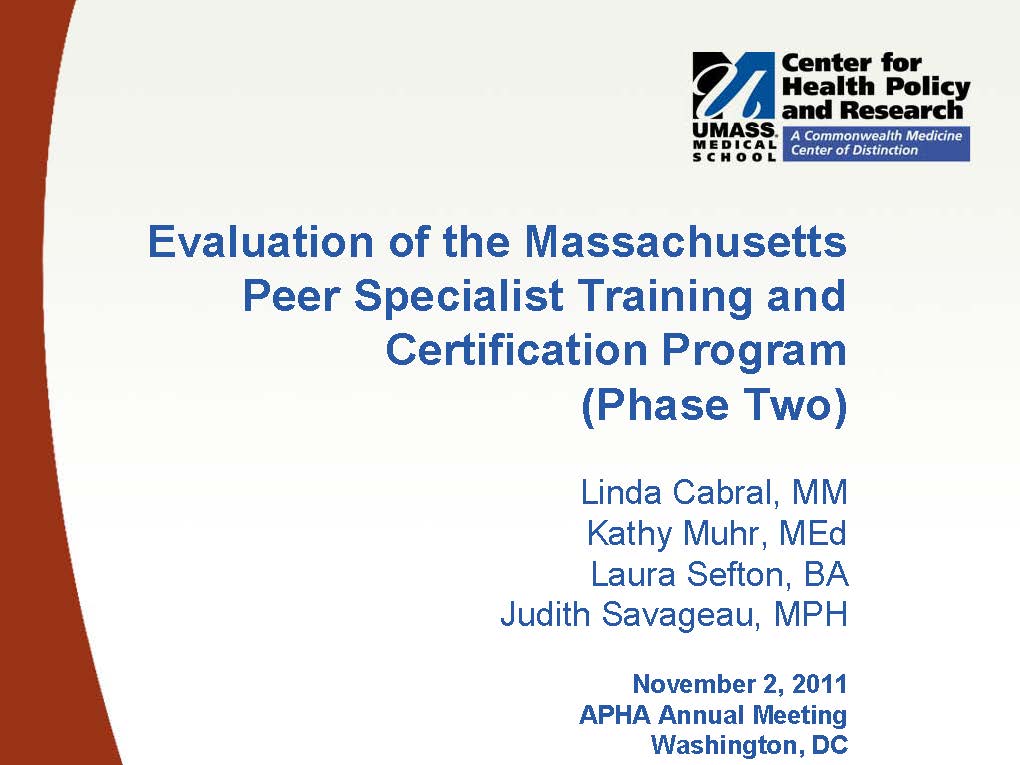Most public mental health systems are shifting to a recovery-oriented system of care; however, offering recovery-oriented and peer support services to various cultural and linguistic groups is challenging. This study sought to better understand how persons with mental health conditions from two cultural groups – Latinos and Deaf and Hard of Hearing (D/HH) – access recovery-based services. Interviews with national key informants were conducted prior to data collection to better formulate instruments. Cultural brokers, identified as leaders in their communities who also have mental health conditions, were hired to aid in recruitment and data collection. Interviews and focus groups were conducted with persons with mental health conditions from both cultural groups.
Across both cultural groups, language barriers pose the biggest challenge in accessing mental health services. There is a lack of qualified professionals who speak Spanish or use American Sign Language. Among both groups, the preference is to work with someone in the language they feel most comfortable with and to avoid the use of interpreters. Feelings of isolation and stigma are high among persons who are D/HH, while many Latinos cite problems with family members’ understanding of mental health. Many are accessing peer support services and value what it has offered them. Access to adequate mental health services, not just recovery-oriented and peer support services, are not widely available for Latinos and persons who are D/HH. Public mental health systems need to adapt and expand services for these and other cultural groups to insure recovery.


